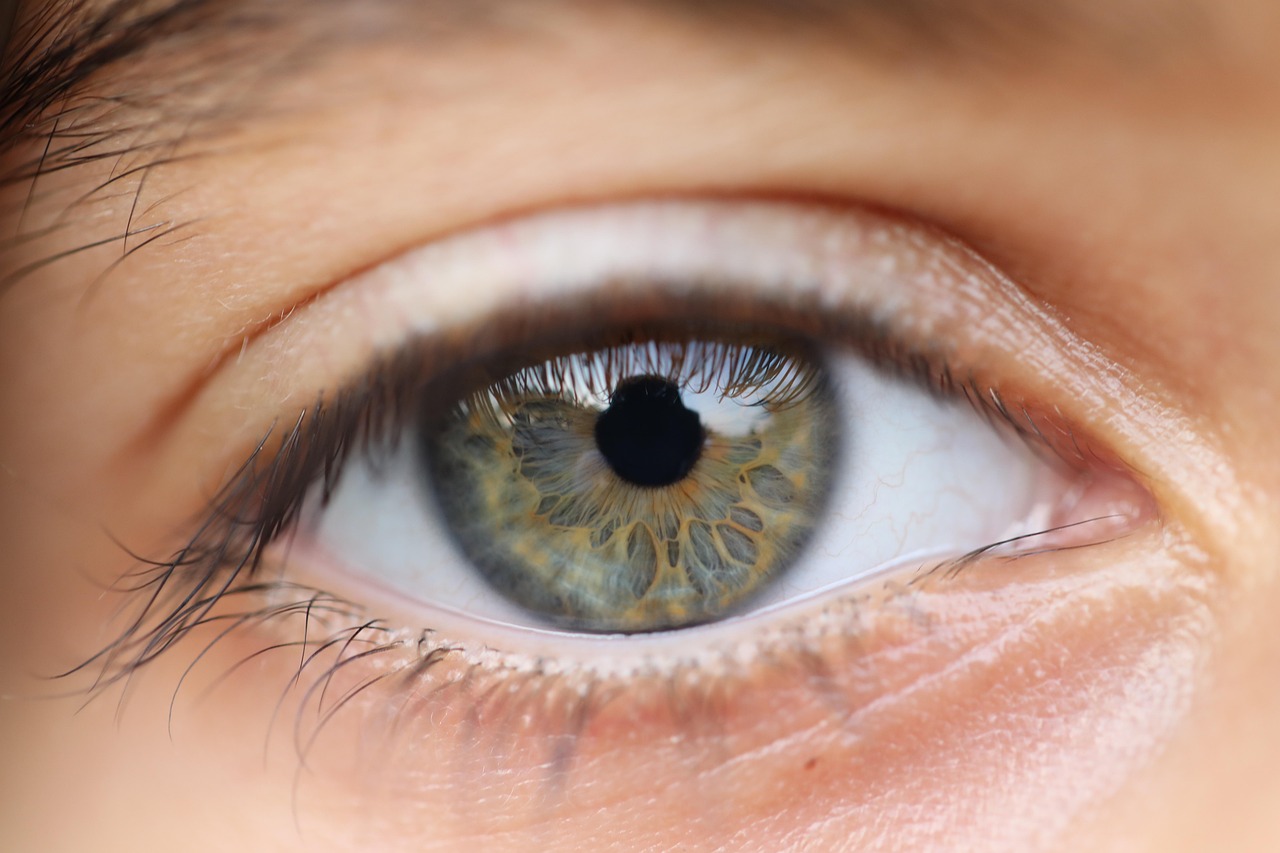The Intersection of Artificial Intelligence and Intellectual Property Law
Introduction: The dawn of the digital era has brought forth a myriad of advancements, including artificial intelligence. This article delves into the intricate ties between AI and intellectual property law, highlighting the legal challenges and impacts on society.

The Emergence of Artificial Intelligence
Artificial Intelligence (AI) is a technological advancement that has made significant strides in recent years. Its potential to mimic human cognitive functions, such as learning, problem-solving, and decision-making, has led to its integration in a wide range of applications, from healthcare to banking. However, as AI continues to evolve, its intersection with intellectual property (IP) law has raised a series of complex legal questions and challenges.
The Intersection of AI and IP Law
Intellectual property law, designed to protect human creativity and invention, is now grappling with the question of AI’s role in creation and innovation. Traditionally, copyrights and patents have been granted to human inventors and creators, but the advent of AI has blurred this line. AI’s ability to create original works, invent new products, and even generate its own algorithms has challenged the conventional understanding of what constitutes an ‘inventor’ or ‘creator.’
The Legal Challenges and Debates
Several legal challenges have emerged from this intersection. For instance, who owns the IP rights to an invention or creation made by AI? Is it the AI developer, the user, or the AI itself? Moreover, if AI can be considered a legal entity capable of holding IP rights, what would be the implications on liability issues? These questions have stirred debates among legal scholars, policymakers, and technologists worldwide.
Recent Developments and Policy Discussions
In light of these challenges, some jurisdictions have begun to explore potential legal frameworks to address AI and IP issues. For example, the United States Patent and Trademark Office initiated a public consultation in 2019 to discuss if AI could be recognized as a legal inventor. Similarly, the European Parliament has called for rules that clarify the legal status of AI and robotics in relation to IP rights.
Societal Impact and Implications
The intersection of AI and IP law holds significant societal implications. It could potentially alter the innovation landscape, affecting industries, markets, and economic growth. Moreover, it raises ethical questions about AI’s role and rights in society. As such, it is crucial for legal systems worldwide to adapt and evolve to ensure a fair and balanced approach to AI and IP law.
The dynamic between AI and IP law is a compelling testament to how technological advancements can reshape legal narratives. As AI continues to evolve, it is clear that our understanding and interpretation of IP law must also progress.




